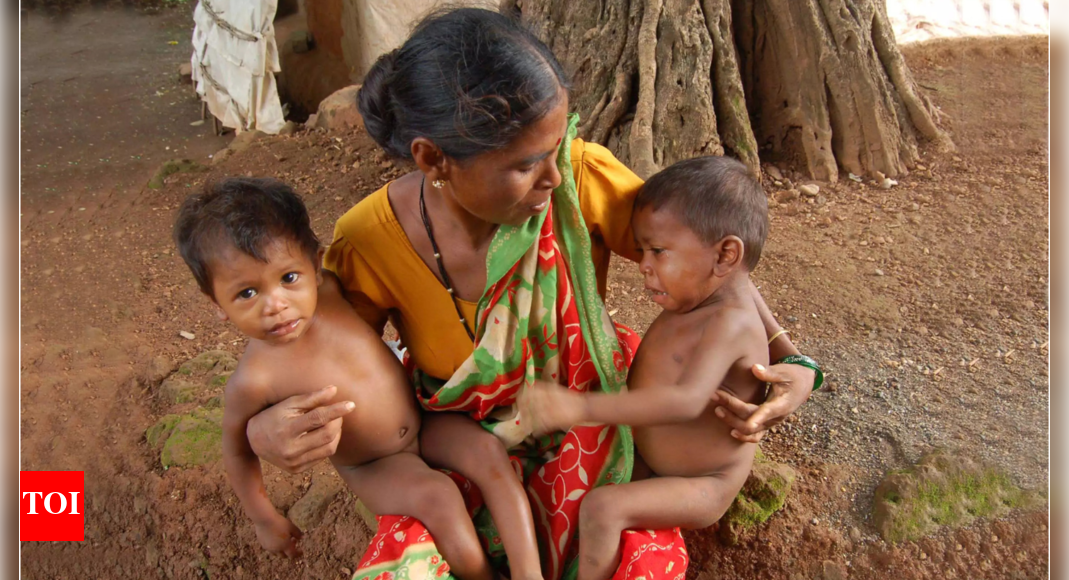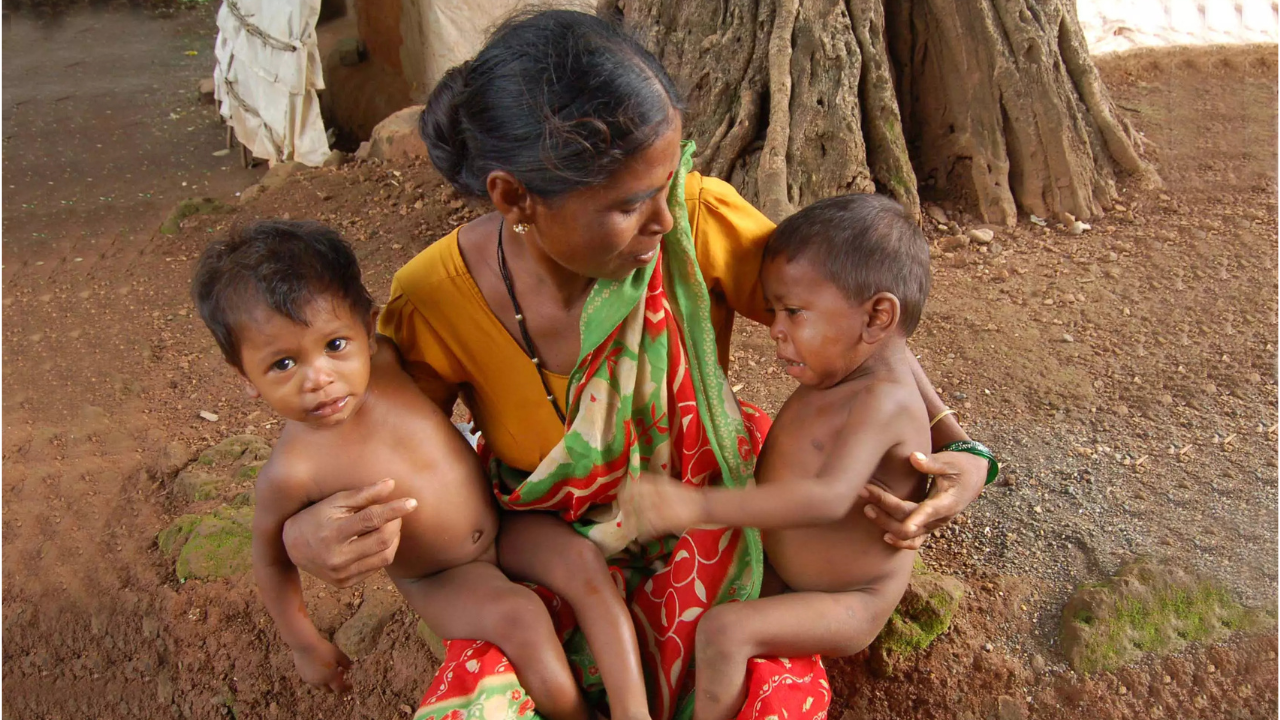The department-related committee on education, women, children, youth and sports led by Congress MP Digvijaya Singh observed that the percentage of stunted children was 38.4 as per the National Family Health Survey (2015-16) and it came down to 35.5% during NFHS (2019-21). But, as per the women and child development ministry’s Poshan Tracker data of Jan 2025, stunting increased and stood at 39.6% among children of 0-5 years of age, the report said.
To deal with the problem, the panel has recommended that a “national breakfast programme” be introduced to combat morning hunger and enhance cognitive performance, particularly for children in rural areas and from economically weaker sections.
To tackle widespread nutritional deficiencies in children, the committee has also recommended nutritional fortification through inclusion of iron and protein in meals. “Provision of a glass of milk daily should also be ensured in view of the fact that around 40% children in the country are stunted,” the committee in its report said. It also called for revision of nutritional norms.
“The (WCD) ministry should take the lead in setting up a ‘National Mission’ to eradicate both malnutrition and anaemia, which brings together stakeholders from across the ministries of women and child development, health, education, and finance with the goal of a malnutrition and anaemia free India by 2032,” it said.
The committee observed that as of Dec 2024, the total number of children (0-6 years) enrolled in anganwadis and registered on Poshan Tracker is 8.82 crore, while the total number of beneficiaries, including children (0-6 years), lactating mothers, pregnant women and adolescent girls is just over 10 crore, as on Jan 30 this year.
It was of the view that the ministry should proactively make efforts in coordination with state govts concerned to enrol and bring onboard rest of the more than seven crore children who are out of anganwadi centres.
The Committee also notes that the critical period for fighting malnutrition and stimulating brain development is in the first 1,000 days of life, including the time spent in the womb. However, the current system has institutional care only for children between 3-6 years in Anganwadis for a few hours per day. Children between 6 months and 3 years are only provided take-home rations.
To comprehensively tackle malnutrition, and to enable female labour force participation, the Committee states that it endorses the Law Commission’s suggestion that “every child under six should have an unconditional right to crèche and day-care…provided by the state.” “Accordingly all anganwadis may be converted into full day-care centres (creches) open for at least 10 hours for children aged between six months to three years to help all working women and their children. As currently provided under the Palna scheme, morning snack, hot cooked meal for lunch, and evening snack may be provided to children. An additional anganwadi worker may be hired to care for the children between 6 months and 3 years in the day care facilities,” the panel has recommended.




